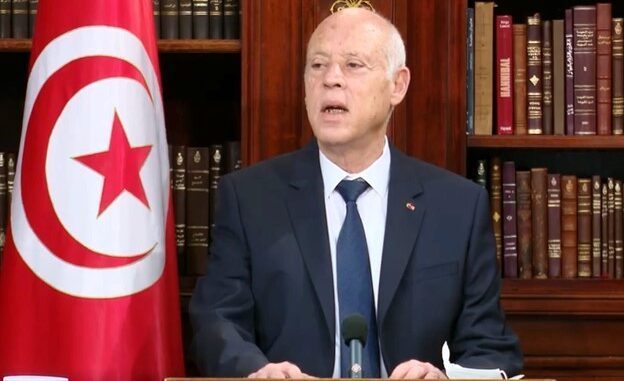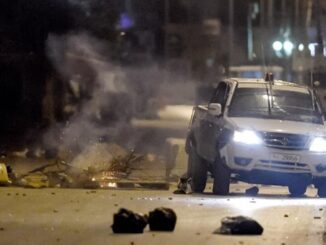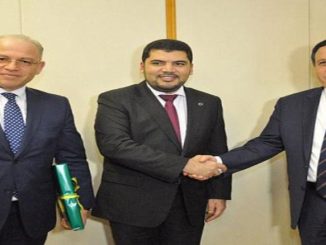
Tunisian President Kais Saied has dissolved the Supreme Judicial Council, the body that deals with judicial independence, a move that raises fears about the independence of the judiciary.
Saied’s decision caps months of his sharp criticism of the judges. Saied has frequently criticized the judiciary’s delay in issuing rulings in cases of corruption and terrorism. He repeatedly said he would not allow judges to act as if they are a state, instead of being a function of the state.
In the early hours of February 6, President Kaïs Saied moved to dissolve the Supreme Judicial Council (CSM), the constitutionally mandated body responsible for the functioning and independence of the judiciary.
Saied has long accused the CSM—and the judiciary as a whole—of corruption and of obstructing investigations into terrorism cases, claiming that they represent a state within the state. In recent months, he has jailed a former minister of justice and removed CSM members’ benefits and privileges, but the move to dissolve the body marks his most dramatic step yet.
The president made the announcement at the headquarters of the Ministry of Interior, over which he has consolidated control since his July 25 power grab. While meeting with Interior Minister Taoufik Charfeddine and other senior officials there, he claimed that the CSM can be “considered as belonging to the past” and described it as a place “where positions are sold and where the judicial reshuffle is based on allegiances and not the law.”
Saied said that he would issue a decree formally dissolving the CSM shortly.
Rather than issuing a decree dissolving the CSM immediately, Saied instead voiced support for protests against the judiciary scheduled for later in the day on February 6.
Demonstrations had already been planned to call for justice for assassinated opposition leader Chokri Belaïd on the ninth anniversary of his death. Saied predicted that the protesters would also “demand the dissolution of the Supreme Judicial Council, because the case has remained for many years on the shelves of the courts, and it has been manipulated by judges who have no place in the courthouses except as defendants.”
Despite the fact that the protests were taking place in defiance of the government’s Covid-19 restrictions, Saied stated, “I tell Tunisians to demonstrate freely. It is your right and our right to dissolve the Supreme Judicial Council.” He called on the police to protect demonstrators, who ultimately faced none of the police violence that anti-Saied protesters were victims of just a few weeks ago.
Ennahda and the Citizens Against the Coup initiative had also scheduled a protest against the president’s power grab on February 6, but they postponed it after facing criticism for the timing. Belaïd supporters accuse Ennahda of obstructing the investigation into his murder.
Backlash against the president’s move was swift, with the CSM itself leading the opposition.
Despite the lack of any formal decree, CSM President Youssef Bouzakher revealed on February 7 that police had already locked the headquarters’ doors and prevented its members from entering.
Bouzakher said that the decision was illegal and vowed, “We continue to carry out our duties, and we will defend the judicial council with all means at our disposal.”
The Association of Tunisian Judges (AMT) soon announced a strike on February 9 and 10, as well as a protest in front of the CSM on the latter date.
Amnesty International warned that the attack on the CSM “represents a grave threat to fair trial rights in Tunisia,” while the International Commission of Jurists added that its dissolution would “constitute a fatal and irreversible blow on the independence of the judiciary, the separation of powers, and the rule of law.”
Political forces also weighed in. Ghazi Chaouachi, secretary-general of the opposition Ettakatol (Democratic Forum for Labor and Freedoms) party, said of Saied, “By getting his hands on the judiciary, after he captured the executive and the legislative branches, his control is almost total.” Ennahda and Citizens Against the Coup also described Saied’s move as unconstitutional.



